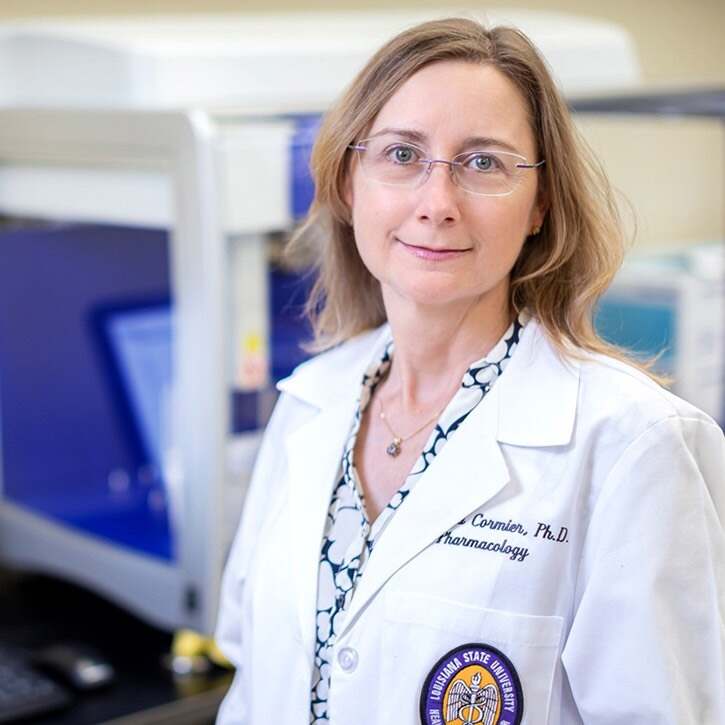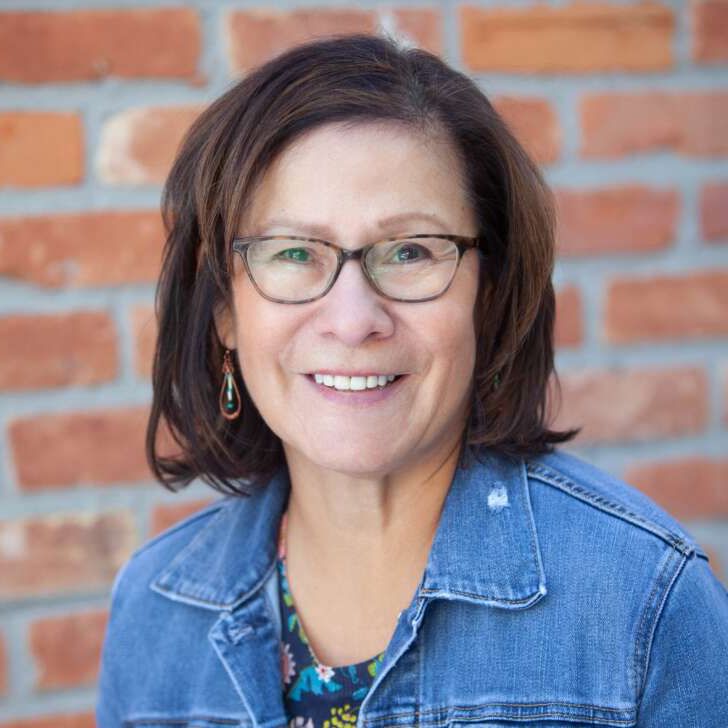LSU Professor Helps Indigenous Nations Use Environmental Health Data for “Netukulimk”
June 11, 2025
Professor Stephania Cormier, director of the LSU Superfund Research Program, which bridges environmental science, health, and community collaboration, is part of a new $3 million project with four Indigenous nations—Athabasca Chipewyan First Nation, Mikisew Cree First Nation, Fort Chipewyan Métis Nation, and Oneida Nation of the Thames.
The goal of the project is to improve human health through more science-driven decision-making about changes in the environment.

Stephania Cormier
“This collaboration highlights LSU’s commitment to human health and translational science,” said Cormier, who holds joint appointments in the LSU College of Science and LSU’s Pennington Biomedical Research Center. “Our project will support Indigenous-led efforts to understand and mitigate environmental health risks.”
The research team is led by Diana Lewis, assistant professor at the University of Guelph in Canada, and funded by the Canadian Institutes of Health Research. LSU will serve as a key academic partner on the project, which is called “Building the Autonomy of Indigenous Communities to Make their Data Work for Decision-Making.” Cormier brings specialized knowledge in environmental health, toxicology, and community health impact assessment, including on how early-life exposures can impact children’s respiratory health well into adulthood.

Diana Lewis
The multinational team includes researchers from Canada, the United States, Australia, and New Zealand. The partners will meet in Toronto, Canada, later this month to begin establishing “knowledge-sharing communities” comprised of Indigenous community members and scientists working together to use data to address community-identified health concerns and impacts, including displacement due to wildfires. The collaborative team hopes to advance netukulimk, a Mi’kmaq concept that emphasizes the interdependent relationships between people, animals, plants, and the environment and how individuals and communities have a responsibility to ensure sustainability and prosperity for future generations.
Next Step
LSU's Scholarship First Agenda is helping achieve health, prosperity, and security for Louisiana and the world.


